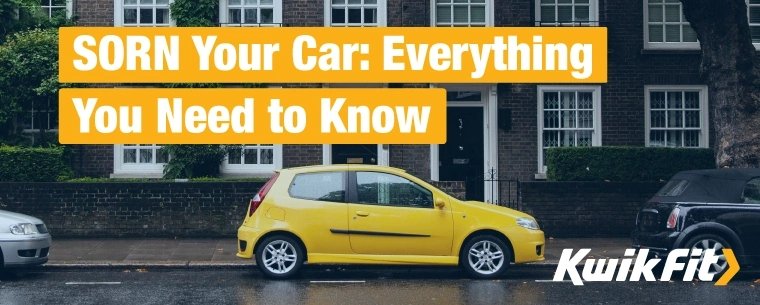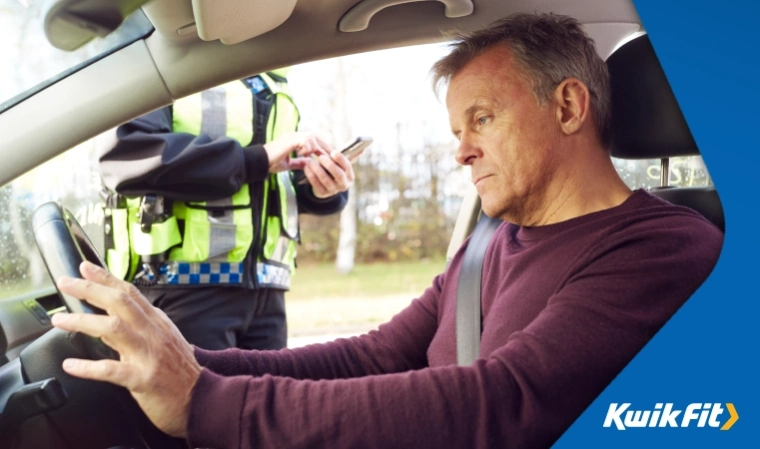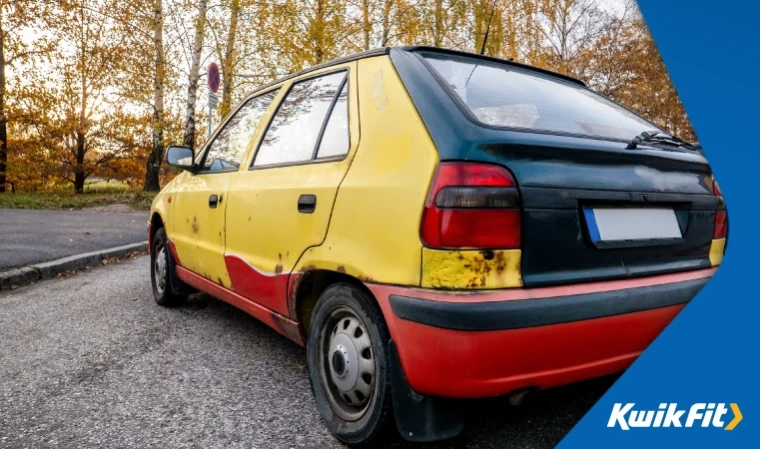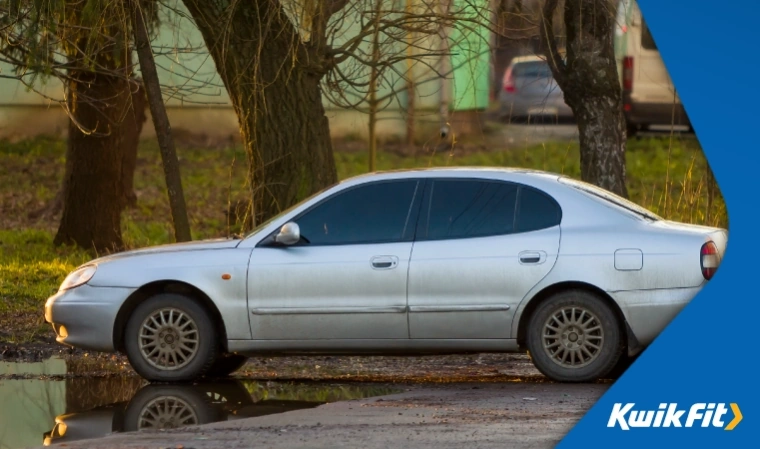SORN your car: everything you need to know
Jack Dreyer | Tuesday 16th August 2022 10:00am

The lockdowns in response to the covid-19 pandemic brought the motoring world, as well as much of the country, almost to a standstill for a time. With the Ďnew normal, many people have shifted to working from home for the majority of their working days.
While the lack of fuel use and reduction in maintenance cut a lot of driversí costs, many drivers declared their cars SORN during the first lockdown in order to save a bit of extra money on vehicle tax Ė and this is something that you may want to consider if youíre leaving your car unused for long enough periods of time.
But just what does declaring your car SORN mean, and how do you do it? Letís find out.
What does SORN mean?
SORN stands for Statutory Off Road Notification. Itís the declaration that needs to be made for unused cars if you want to exempt them from needing MOT tests, from tax, and for insurance purposes.
Itís actually not very difficult to do and is effective immediately, it just may mean having to alert your insurance company and possibly rearranging insurance Ė especially if youíre intending to cancel your insurance. Your car, of course, will need to be kept on private land, in a garage, or on a driveway.
Itís crucial that you remember to check that your car is insured when you go to drive it again.
What happens if you donít declare a SORN?

You donít actually have to cancel your insurance policy if you declare a SORN. Some policies cover accidental damage while on your driveway, for example Ė so a rogue football or falling branch isnít going to cost you an arm and a leg. But you have to declare a SORN if youíre intending to cancel your insurance policy.
Failing to do so could land you in hot water. If you donít, you could automatically receive an on the spot £80 fine.
Aside from drivers attempting to avoid insuring their vehicles properly during the pandemic, an increasing number of drivers had even been flouting this law in the few years before the outbreak.
We recently analysed government figures that revealed that in 2018, more than 73,500 drivers in England and Wales were taken to court for keeping a vehicle which does not meet insurance requirements. This is a 78% increase on five years earlier and works out at over eight drivers every hour of the year. While drivers committing this offence will first receive a fixed penalty notice of £100, the average fine for drivers going to court was £205, meaning that fines for this offence totalled more than £12.4 million.
One of the main reasons why drivers face this penalty is for keeping a car off road but not registering it as such. A vehicle must either be insured or registered with a SORN (Statutory Off Road Notification). If the DVLA doesnít have a SORN recorded for a vehicle then it has to be insured, even if it is not being used, parked on a street or driveway or in a garage, or even if it is only used on private land.
When would you want to declare a SORN?

Most usually, people declare a SORN on cars that have been deemed unroadworthy Ė they do so before scrapping in order to claim a refund from insurance or if they intend to make the repairs in the future but canít currently afford to.
Alternatively, a SORN is sometimes made if the current owner wants to sell a vehicle and doesnít want to renew the insurance, tax, or MOT. Or perhaps the children in a family move to university and donít need to drive, they can leave it SORN on their parentsí driveway.
Whatever the exact reason, SORNing a car should only ever be done if you intend to not drive it for a long period of time. While you can get a refund from your insurance company if you declare the car SORN, and you can get back full months of tax, the hassle of doing so often means that youíre not saving much money if youíre intending to drive the car again within 3-6 months. But thatís a call for you to make!
Can you still drive a SORN vehicle?
If you were to be completely pedantic, you technically can drive a SORN car, just never on public roads. So if you happen to have enough land lying around to be able to drive around on, you can SORN a vehicle and still drive around that land without the vehicle being taxed or insured.
But, remember, driving at all on public roads with a vehicle thatís been declared SORN could land you with a hefty fine. Whatís more, keeping a vehicle (even on private land) that isnít insured and taxed while also not declared SORN can result in an on-the-spot fine.
How to declare a car SORN

Youíll have to first make sure that your logbook is all up to date, but you can actually apply online for the declaration using the government website.
Need your car inspected?
If youíre considering declaring your car SORN because of perceived problems, they may not be as bad as you think! If it drives safely, bring your car into your local Kwik Fit for an inspection and we may be able to have it back up to speed in no time!
Any facts, figures and prices shown in our blog articles are correct at time of publication.
Featured Articles
Is it Illegal to Drive With One Headlight?
Saturday 19th July 2025
Wondering if itís illegal to drive with one headlight? Learn about the safety risks and penalties of illegal blown bulbs and why you should fix them promptly.
Air Con in EVs & Hybrids: Experts Answer Your Questions
Monday 30th June 2025
Does air con drain EV batteries? Can you use the air con while charging an electric car? Find out the answers to these questions & more from Kwik Fitís experts.
Why Is Your Car Making a Noise? Fixes & Tips
Friday 13th June 2025
When your car starts making unexpected noises, it can certainly be quite disconcerting; it may be nothing to worry about, but hereís what you need to know.









